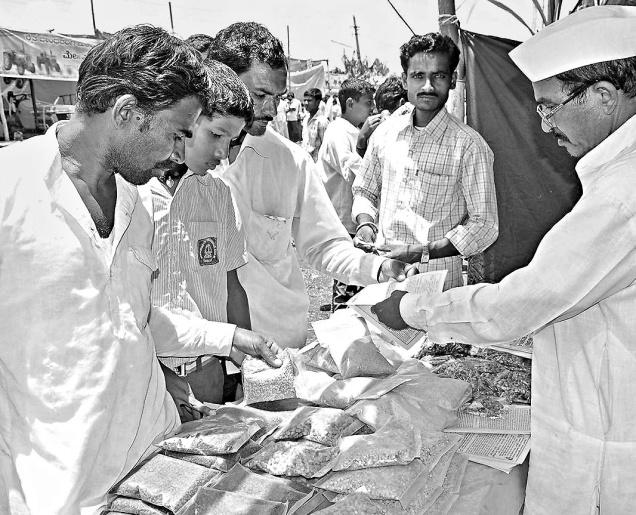
Bengaluru :
Nine months after two novel compounds or drug candidates for Ebola from the Jawaharlal Nehru Centre for Advanced Scientific Research (JNCASR) were shortlisted among 20 globally by the Public Health England (PHE), one of them has made it to the final three.
And having realised the potential, PHE, which built and commissioned the first bio-safety level (BSL)4 facilities in the world (1976), designed the world’s first Class III safety cabinets, and used them to co-discover and characterise the Ebola virus, has signed a memorandum of understanding with JNCASR to co-develop the drug.
This contribution to the world from Dr Jayanta Haldar and two of his students–Chandra Dhish Ghosh and Mohini Mohan Konai–will be the first serious one from a developing nation.
The two drugs which were shortlisted, codenamed NCK-8 and D-LANA-14, were lead candidates from two classes of peptide mimics (a molecule global researchers have created to fight the virus) with high activity against a range of multi-drug resistant bacteria and malarial parasites, including clinical isolates.
TOI was the first to break the story in its December 20, 2014 edition under the title “Drugs for Ebola likely to have an Indian connection”.
Speaking TOI on Tuesday, Haldar said: “After extensive trials, one of them along with another from PHE proved to be very active in in-vivo (guinea pig) tests, which has prompted PHE to sign the MoU. From here on we will be working together and we hope to bring out a drug soon.”
Haldar while refusing to still disclose the exact materials used in NCK-8 and D-LANA, reiterated that they are made in three steps with easily available and inexpensive starting materials which do not require any difficult conditions for synthesis.
Dr Seshadri Vasan of PHE had said in December that PHE has a track record of scientific innovation and development, and the funding from Wellcome Trust will allow it to utilise our experience and expertise to assist in the fight against Ebola.
source: http://www.timesofindia.indiatimes.com / The Times of India / Home>City> Bengaluru / by Chethan Kumar, TNN / September 08th, 2015



